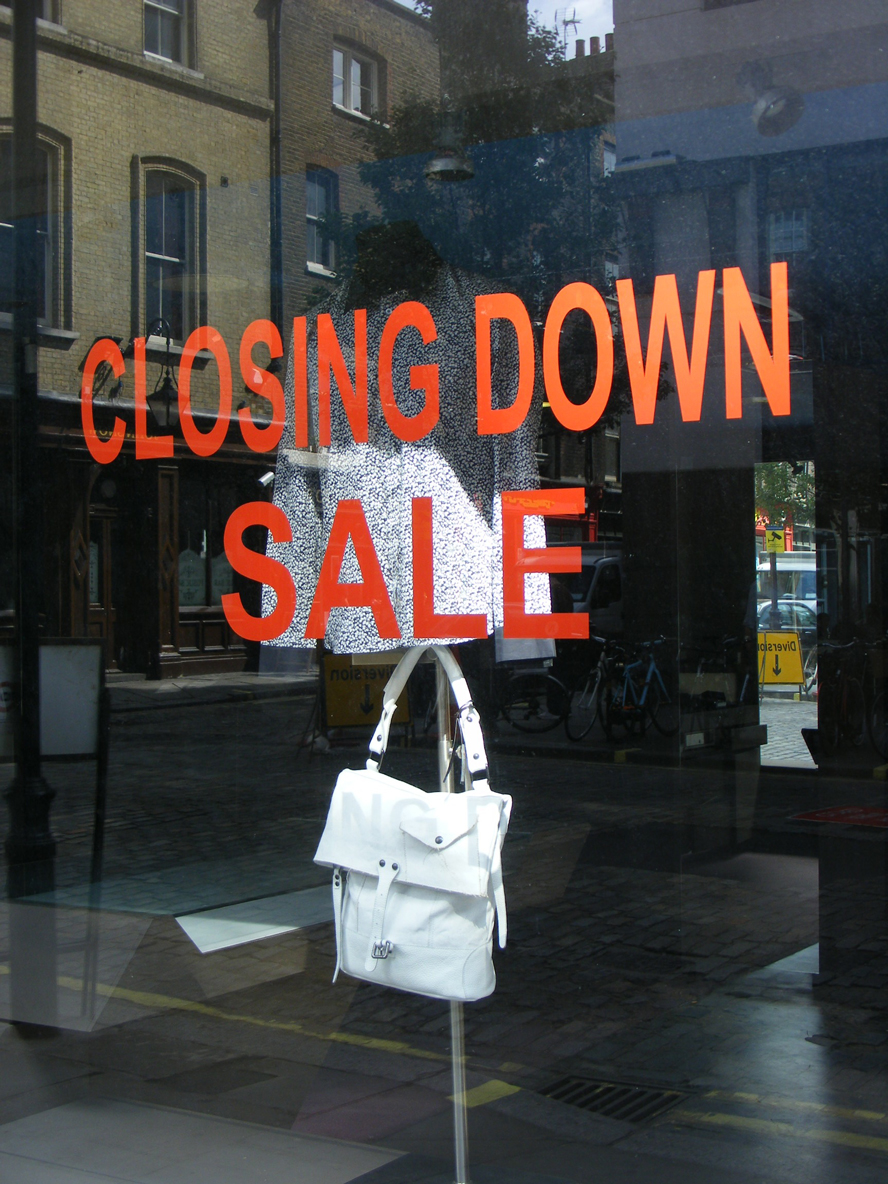Household Bills
Low and middle-income households vulnerable to recession

A think tank is calling on the government to prepare for the next recession – and take income distribution into account.
The income squeeze that followed the last financial crisis has left low and middle income households more vulnerable to the next economic shock than they were in 2008, according to the Resolution Foundation.
The think tank’s A Problem Shared? report examines the impact of recessions in the light of the financial crisis.
It found that a decade of weak income growth has left lower income families in a more vulnerable position than before the crisis hit. This is because they have less scope to reduce their spending on non-essentials should their incomes fall, while a higher proportion of this group have no savings to draw upon.
Recession warning
The Resolution Foundation has previously warned that the risk of recession is at its highest level since 2007. It’s calling upon Sajid Javid, the new chancellor, to make preparing the nation for a recession a priority.
Before 2008, it was generally the poor who bore the brunt of recessions. Unemployment increased by 1.9 million during the 1980s recession, with the fall in jobs concentrated at the lower end of the income scale.
But the 2008 recession was more evenly distributed with workers across the board experiencing a pay squeeze that meant average earnings fell by £32 a week between 2008 and 2014.
However, despite lower income households having a certain amount of security from the benefits system, A Problem Shared? found they took longer to recover from a recession. While the average decrease in spending between 2009 and 2014 was £20 per week, those in the bottom quarter of the income distribution cut back more than three times more at £61 per week.
This group also spends a far greater share of their income on essentials and have less savings to fall back on. Despite some reduction in the debts of lower income households, nearly 60 per cent of lower income households now have nothing put aside, up by a quarter since the financial crisis.
Time to prepare the country for recession
The Resolution Foundation is calling on the government to ensure that any policy response to prepare the country for the next recession takes households across the income distribution into account. For example, it said that a fiscal policy response focused on income tax cuts would overwhelmingly benefit higher-income households.
James Smith, research director at the Resolution Foundation, said: “Britain is facing the highest risk of recession risk since 2007, and we know from previous downturns that it is lower income households that bear the brunt of economic downturns when it comes to their living standards.
“The deep income squeeze that followed the last financial crisis may have been more equally shared than previous recessions. But its depth and length has had a disproportionate impact on the resilience of lower income households, who now have less scope to reduce non-essential spending or draw down on savings to weather a further recession than they did after the 2008 crisis.
“The global slowdown and continued Brexit uncertainty are making recession preparedness even more urgent. In its response, the government should consider policies that limit and mitigate the effects of the recession, particularly for the most vulnerable in society.”
The National Institute of Economic and Social Research (NIESR) warned last month that the UK may already be in recession.